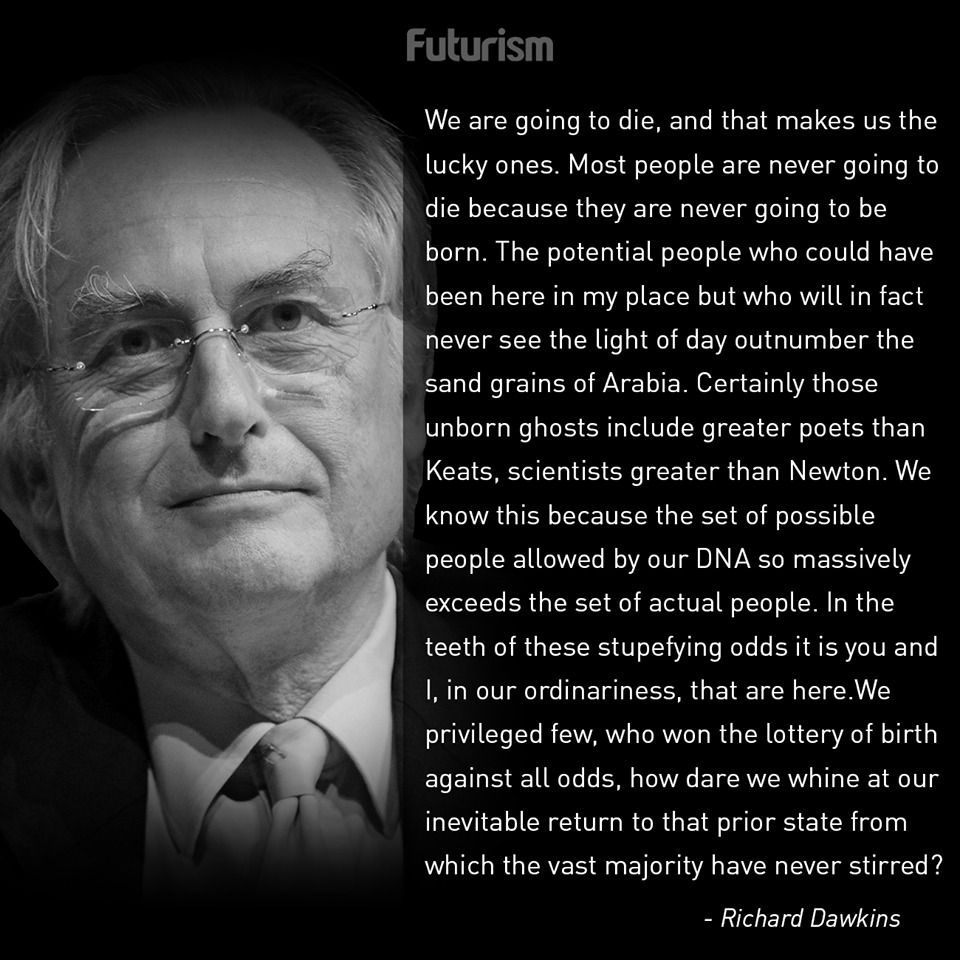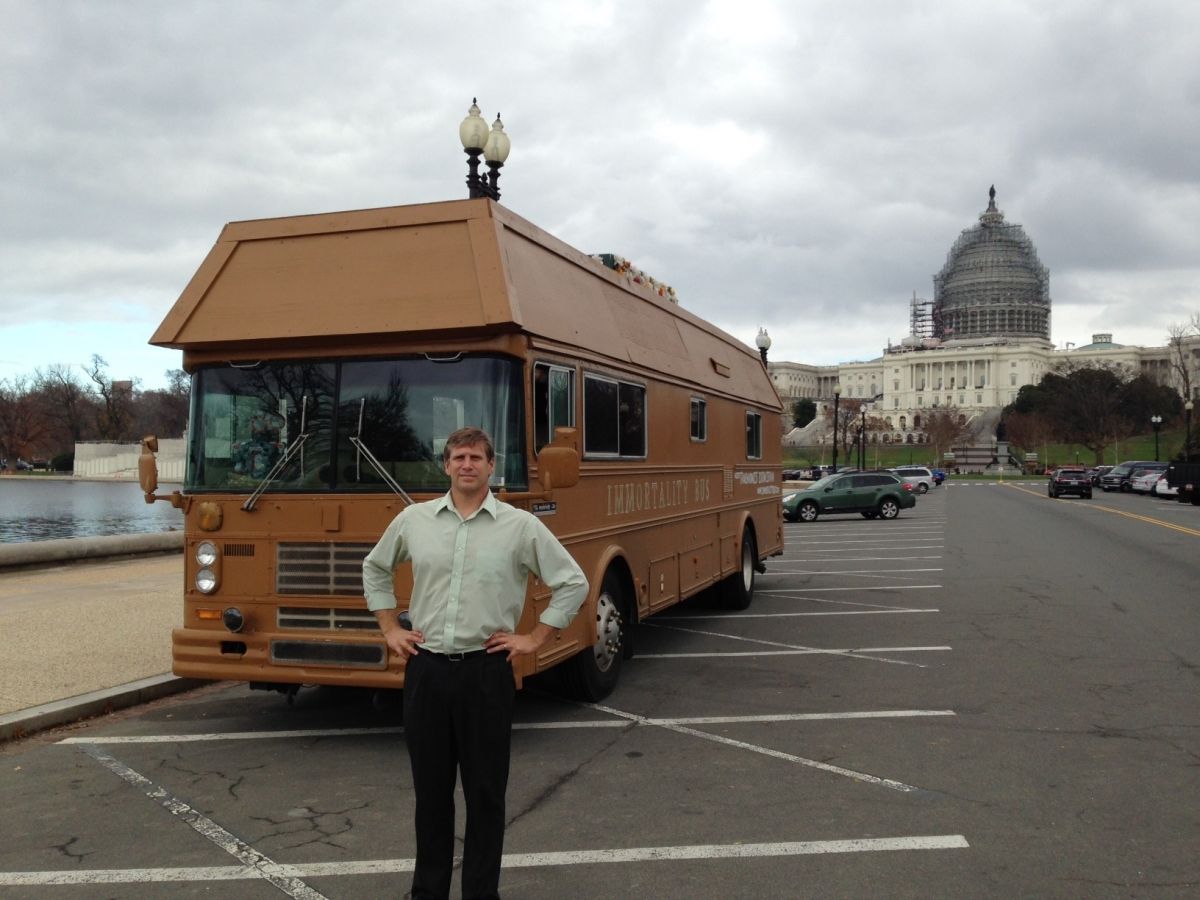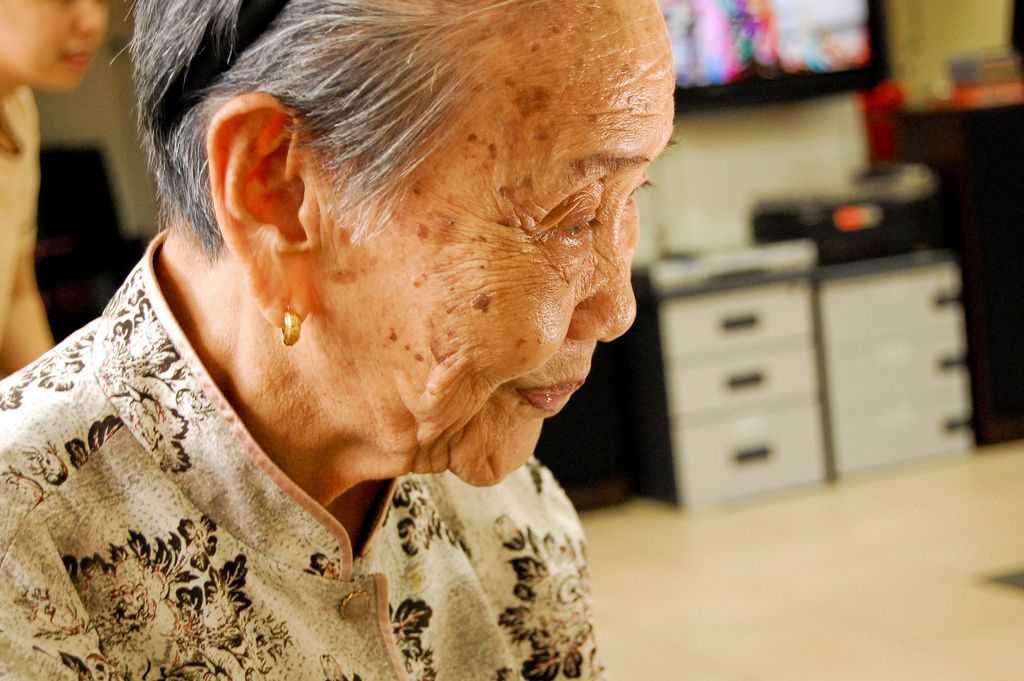Quoted from Richard Dawkins’ book “Unweaving the Rainbow: Science, Delusion and the Appetite for Wonder”.The Richard Dawkins Foundation for Reason and Science (Official)


Quoted from Richard Dawkins’ book “Unweaving the Rainbow: Science, Delusion and the Appetite for Wonder”.The Richard Dawkins Foundation for Reason and Science (Official)

I am really pleased to announce that our mouse longevity program has finally begun. We have submitted our proposal for funding to Longecity and shortly will begin fundraising so we can begin testing.
You may enjoy our brand new podcast where our project lead explains what the project is about and how we can help develop longevity interventions.
We also have a website at www.majormouse.org
Twitter: https://twitter.com/MajorMouseMMTP
https://www.facebook.com/groups/ MajorMouseTestingProgram /
MMTP — Major Mouse Testing Program.
http://majormouse.org
is a project by the International Longevity Alliance.
http://longevityalliance.org
Podcast Adam Alonzi http://adamalonzi.libsyn.com/
Artwork by Semy Ingle.
Music by Andrew Vavrek of Tryad.

My new article for the International Business Times:
The US presidential candidate completes his three-month campaign aboard a coffin-shaped bus.

Isolated from the Comfrey plant, Allantoin is a popular ingredient in many skincare regimens. According to new research it may increase longevity by mimicking the benefits of calorie restriction.
Calorie restriction is a subject of debate within the longevity community, and on animal models success is variable. However, it remains one of the most proven ways of extending lifespan in many species, and molecules that mimic the effect at the molecular level have also been associated with protective effects — up-regulating repair and stress response mechanisms. One such molecule is resveratrol, which is responsible for the relatively recent red wine hype.

Researchers in Japan have found that human aging may be able to be delayed or even reversed, at least at the most basic level of human cell lines. In the process, the scientists from the University of Tsukuba also found that regulation of two genes is related to how we age.
The new findings challenge one of the current popular theories of aging, that lays the blame for humans’ inevitable downhill slide with mutations that accumulate in our mitochondrial DNA over time. Mitochondrion are sometimes likened to a cellular “furnace” that produces energy through cellular respiration. Damage to the mitochondrial DNA results in changes or mutations in the DNA sequence that build up and are associated with familiar signs of aging like hair loss, osteoporosis and, of course, reduced lifespan.
So goes the theory, at least. But the Tsukuba researchers suggest that something else may be going on within our cells. Their research indicates that the issue may not be that mitochondrial DNA become damaged, but rather that genes get turned “off” or “on” over time. Most intriguing, the team led by Professor Jun-Ichi Hayashi was able to flip the switches on a few genes back to their youthful position, effectively reversing the aging process.

This week, Google released a research paper chronicling one of its latest forays into artificial intelligence.
Researchers at the company programmed an advanced type of “chatbot” that learns how to respond in conversations based on examples from a training set of dialogue.
And the bot doesn’t just answer by spitting out canned answers in response to certain words; it can form new answers from new questions.

Healthy living isn’t meaningless, but while all of us can make positive lifestyle modifications, genes play a massive role in longevity — or there would be no species variation. We’re still discovering exactly which genes provide a longevity boost and what they do, but we now know 7 variants could help give you an advantage.
The search for a longevity gene
Previous efforts to search out a ‘longevity gene’ have been largely unsuccessful, so researchers led by Stuart Kim at Stanford decided to focus on ‘bad’ gene variants this time — or more crucially a lack of them. They analysed 800 people over 100 and 5000 people over 90 and found that while many variants are common in the average person, possession of fewer ‘bad’ versions of 5 crucial genes was indeed associated with longevity. Many long-lived individuals are able to avoid chronic disease despite harmful lifestyle choices like smoking, and this could be one of the explanations. These confirmed 5 add to 2 already associated with longer lifespans.

Robots and artificial intelligence (AI) will dominate legal practice within 15 years, perhaps leading to the “structural collapse” of law firms, a report predicting the shape of the legal market has envisaged.
Civilisation 2030: The near future for law firms, by Jomati Consultants, foresees a world in which population growth is actually slowing, with “peak humanity” occurring as early as 2055, and ageing populations bringing a growth in demand for legal work on issues affecting older people.
This could mean more advice needed by healthcare and specialist construction companies on the building and financing of hospitals, and on pension investment businesses, as well as financial and regulatory work around the demographic changes to come; more age-related litigation, IP battles between pharmaceutical companies, and around so-called “geriatric-tech” related IP.

Scanning the genomes of centenarians showed that four genes help them live longer. The discovery could boost the search for ways to protect against age-related diseases.

A video done with some humor–part of the Immortality Bus tour:
IBTimes UK captures the moment presidential candidates John McAfee and Zoltan Istvan met for the first time.